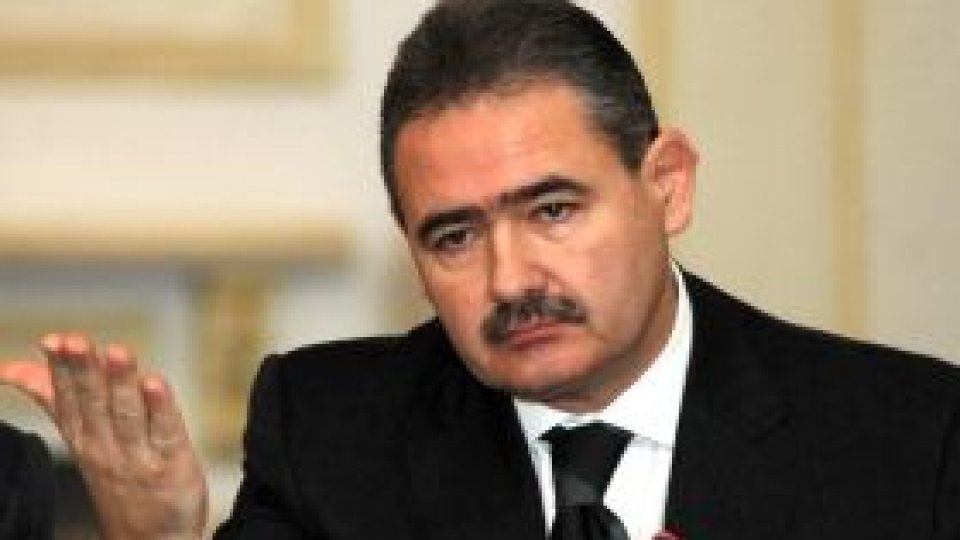IMF Provides Solutions to Counter the Economic Slump
The IMF Board of Executive Directors on Friday approved the sixth evaluation of its 2009 agreement with Romania, and decided to disburse a fresh installment as part of the total stand-by loan worth 900 million euros.

10 Ianuarie 2011, 19:43
The IMF representative to Bucharest, Mihai Tanasescu, describes what this approval entails:
“First and foremost, I believe the decision sends a very strong signal to international markets with respect to Romania’s agreement with the IMF and the Romanian authorities’ commitment to ensure fiscal consolidation and restore financial stability."
"On the other hand, the agreement shows that Romania’s partnership with the IMF and the EU may represent a viable solution in delicate times, in times of crisis, when the entire Europe is in turmoil and investors’ perceptions are not always optimistic.”
In 2009, Romania inked a foreign financing package with the EU, the IMF and other financial institutions, worth some 20 billion euros, of which it received a total of 15.2 billion euro by the end of 2010.
According to economic expert Razvan Voican, the accord is highly beneficial and should be maintained. Moreover, Voican argues, it is the IMF that pushed the government and the Romanian Parliament to continue its line of reforms.
Razvan Voican discusses the importance of Romania’s financial agreement with international financial organizations:
“The agreement with the IMF has boosted Romania’s credibility on the international market, against the backdrop of severe financial turbulence in the Eurozone. Accordingly, Romania is perceived as having a lower risk rate than, for instance, Hungary, although reforms are more advanced there.”
On January 25th, another IMF mission is expected to review the progress of reforms and hold further talks with Romanian authorities with a view to sealing a new precautionary deal, worth 3.6 billion euros, to be tapped only in case of emergency.
The two sides have not yet agreed on the details of the agreement.
Mihai Tanasescu: “The IMF and the EU have strongly insisted on securing the country’s fiscal consolidation and financial stability. However, the final agenda and stages of the new agreement as well as its components will be decided by Romanian authorities and will of course be subsequently submitted to the IMF and to the Commission for approval.”














